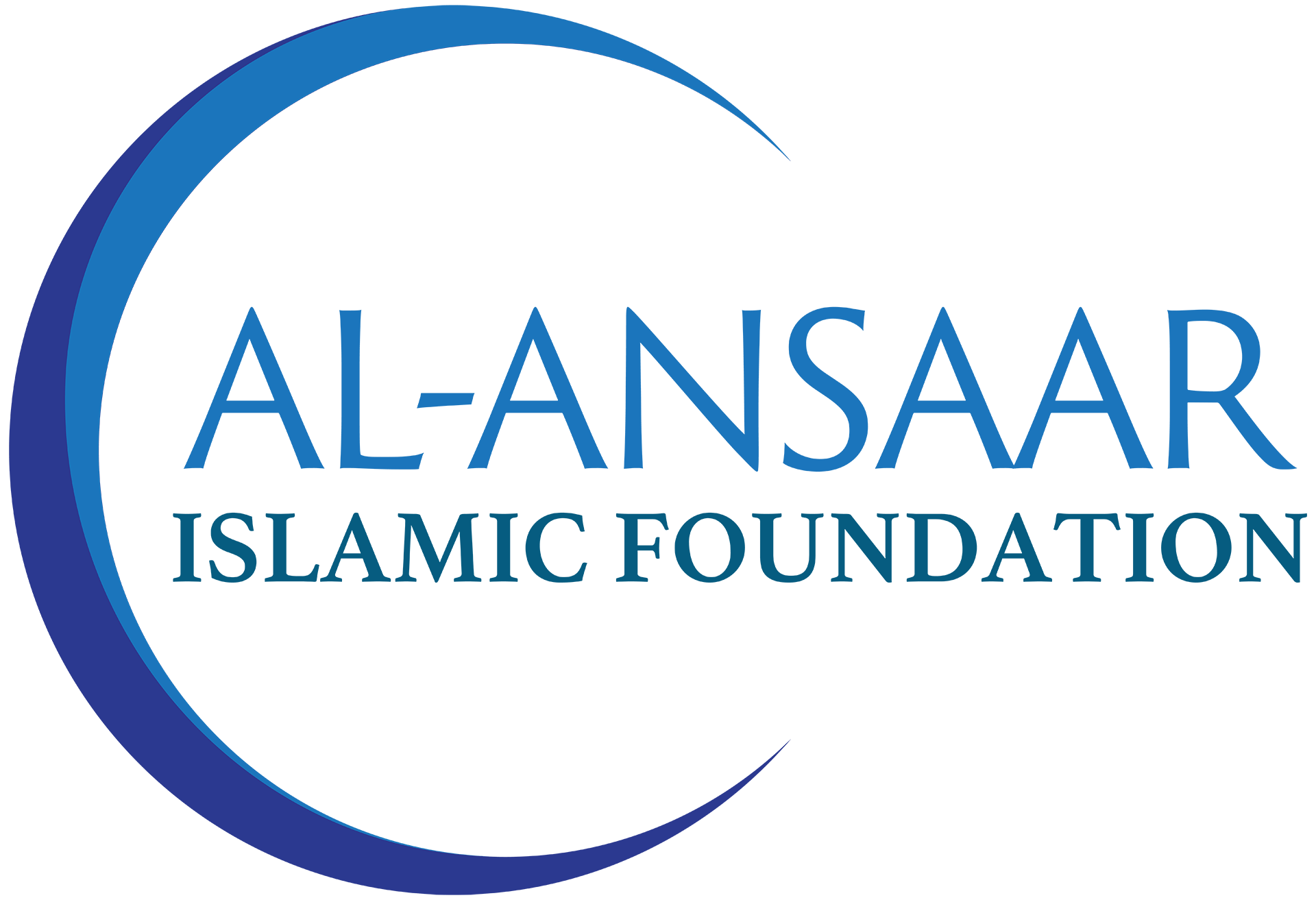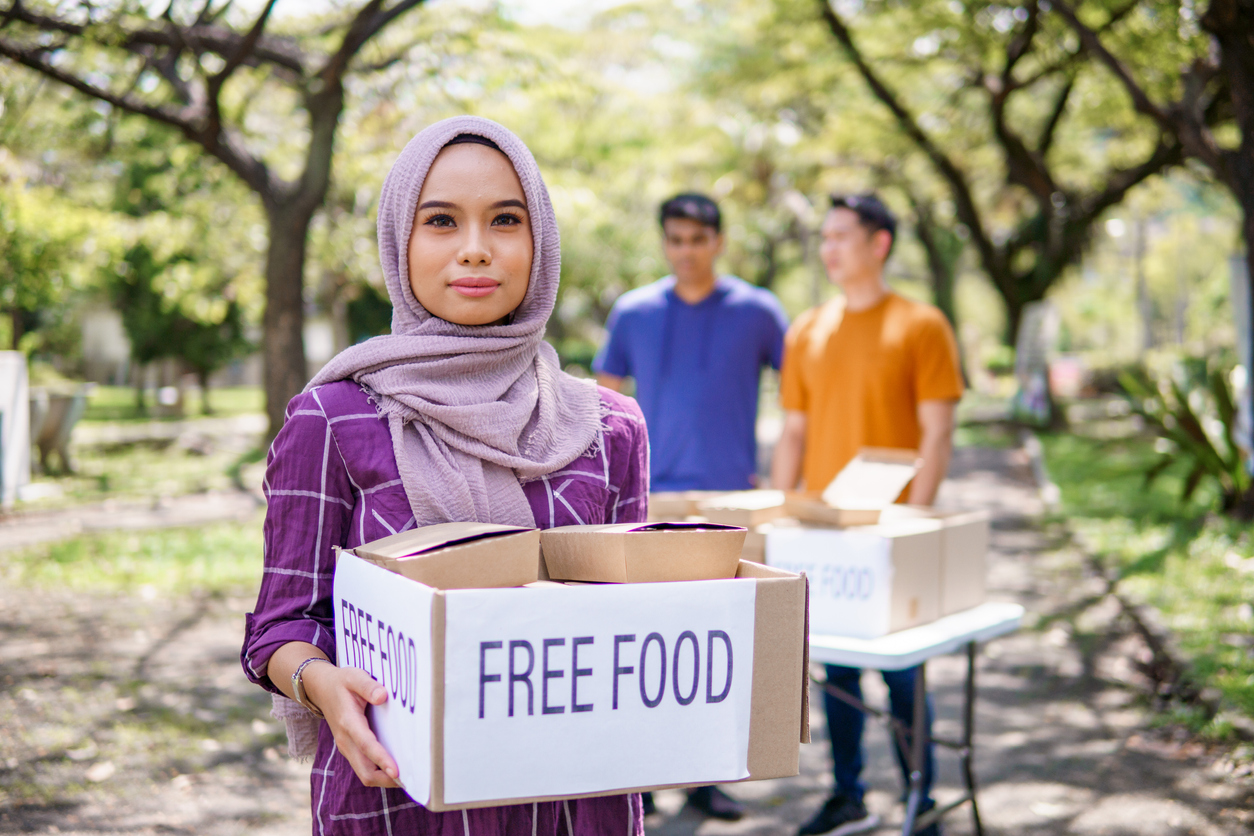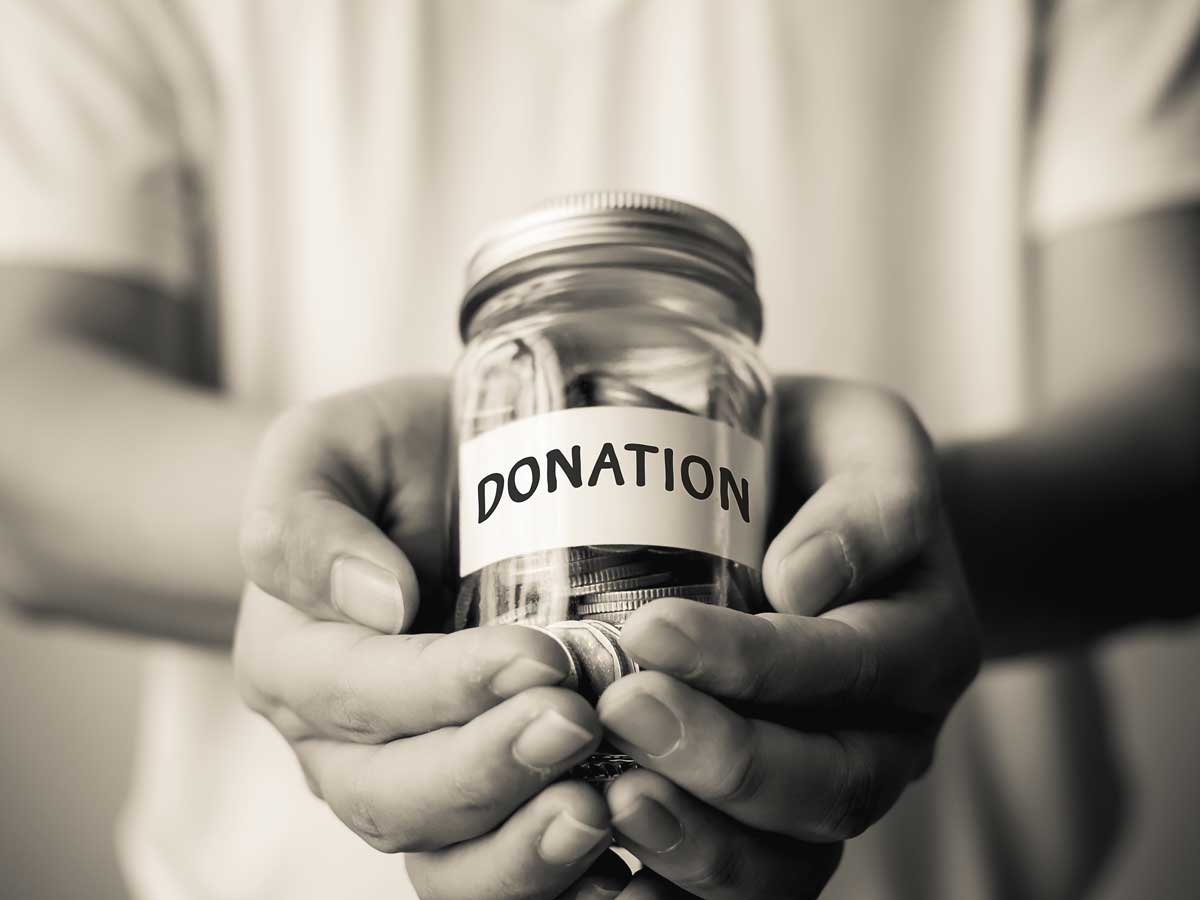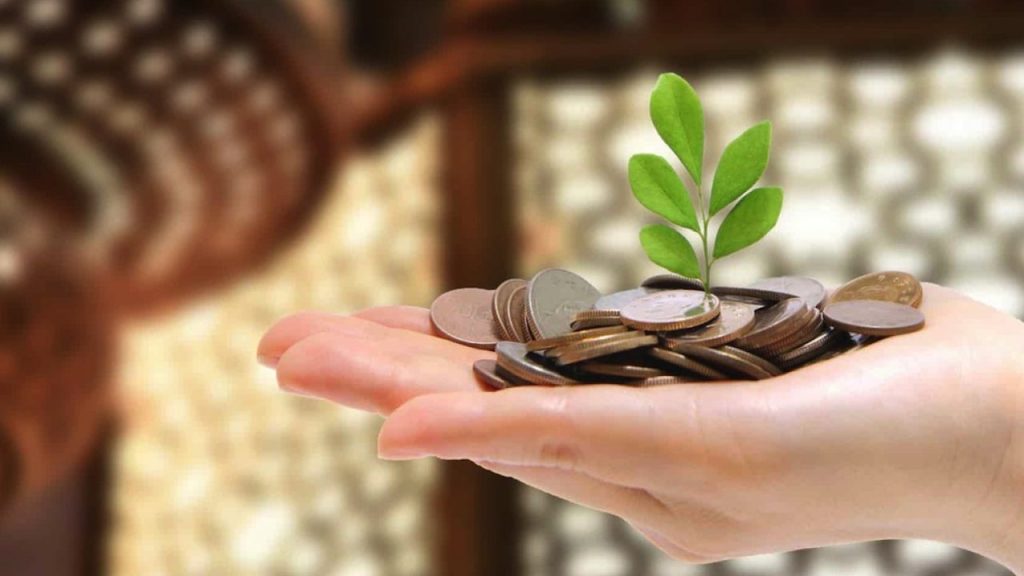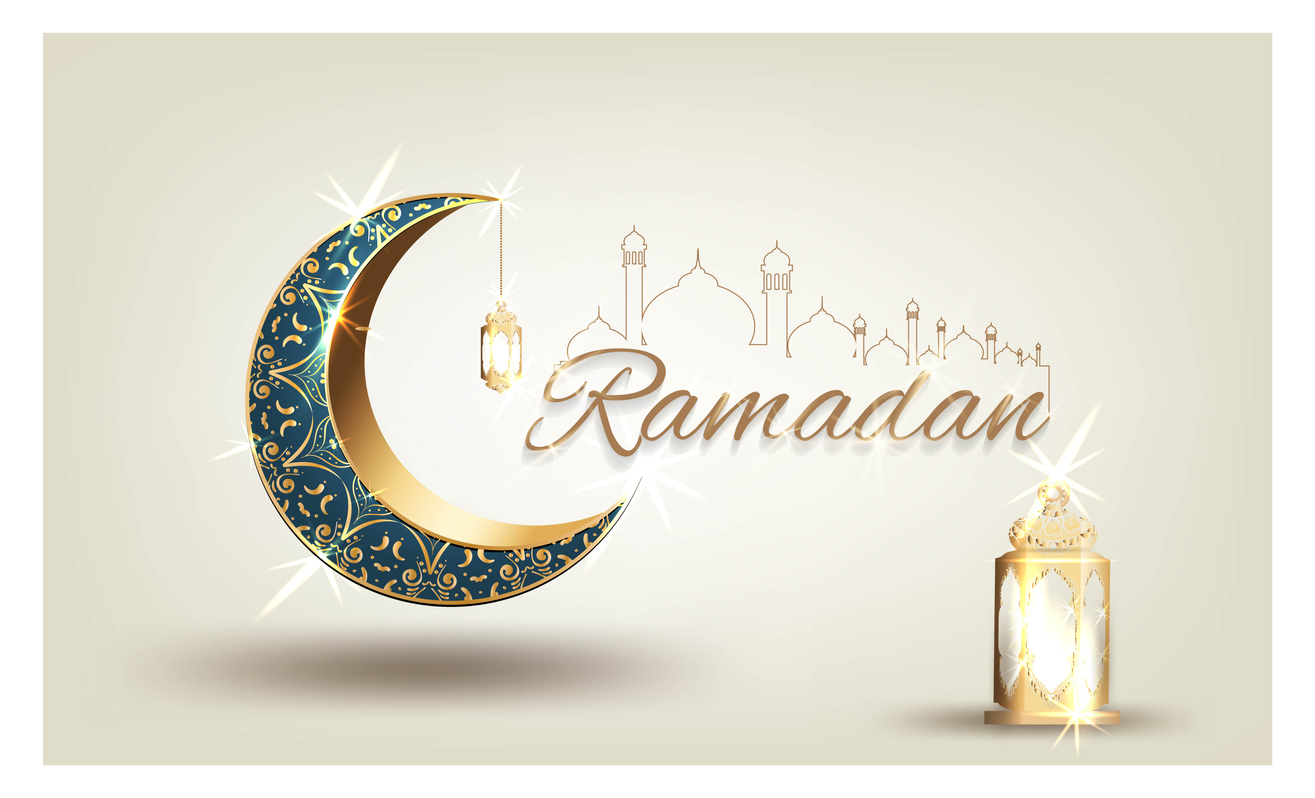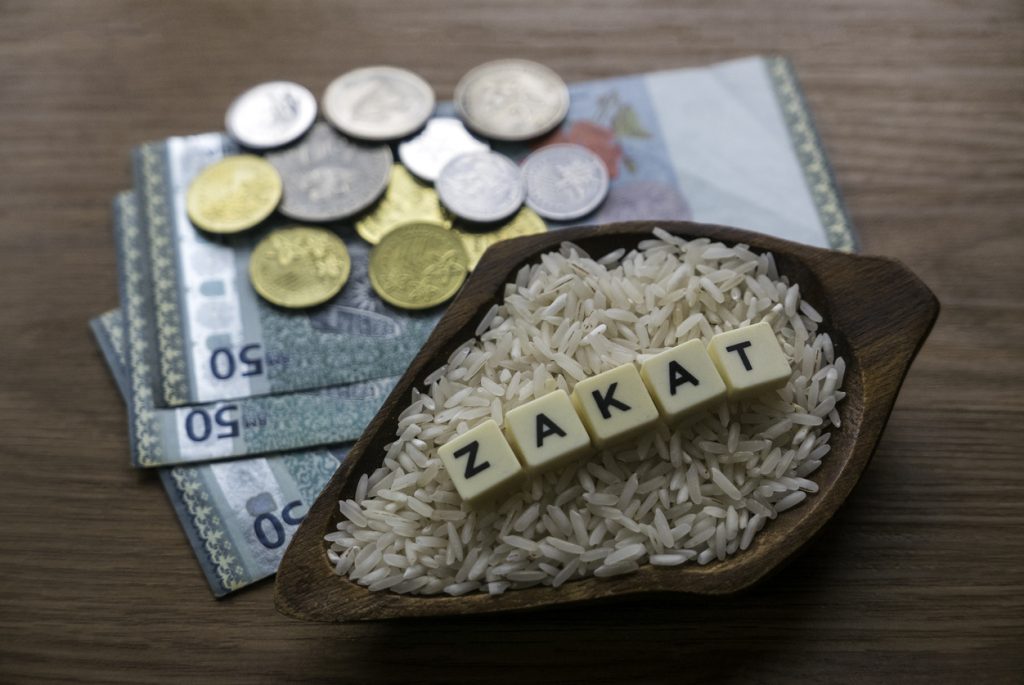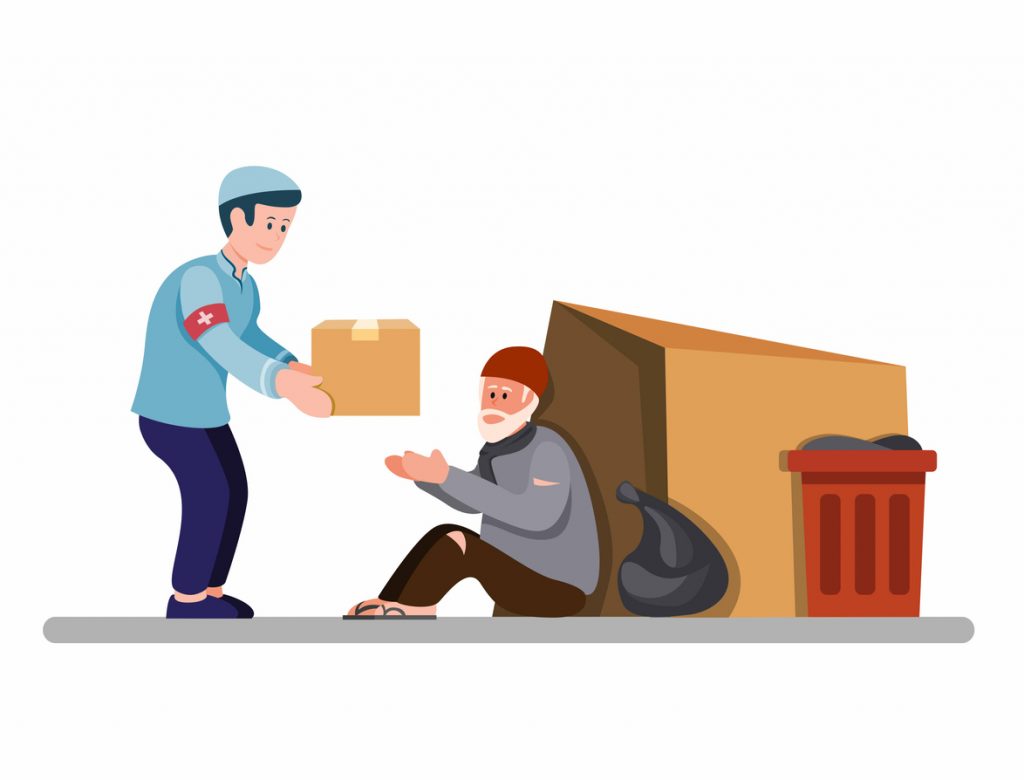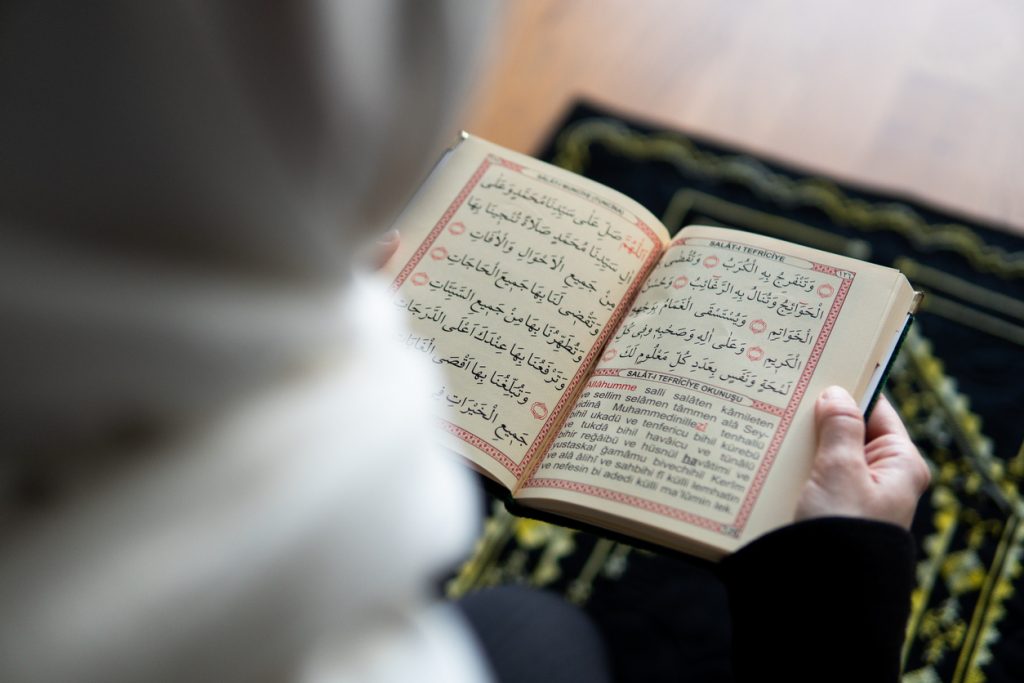Besides prayer, charity is one of the most foundational teachings to which all Muslims must dedicate themselves.
There is a reason why it’s the third pillar of Islam. A simple charitable act is not only felt and impacted by one person’s life for the better. Charitable acts remind us we are bound by others, which inspires and ripples toward birthing a better future for everyone on a collective level.
No wonder it’s the noblest way of spending wealth and bringing delight to Allah.
See how you can find Islamic charities to donate to, so you can spread generosity on a bigger scale for the betterment of others.
How to Donate Wisely to Islamic Charities

Donating with Right Intentions
In Islamic teachings, charitable actions and donations are meant to be rooted in the right intentions. After all, Allah rewards those who spend their abundance with a pure heart. Therefore, donating must be done with genuine selflessness without prideful recognition. It’s important not to expect thanks nor request the gratitude of the individual to whom you give for a good cause. Furthermore, according to Islam, it’s preferable to donate discreetly than openly. If you’re flaunting or making yourself seem generous, you’re donating with selfish intentions. All these wrong intentions for donating are a false sense of reward. Anyone with good intentions knows the reward of donating for Allah’s delight depends on the almighty – the ultimate reward comparatively.
Research Charities Validity
Another important factor to consider when donating to an Islamic charity is to ensure its validity. Nowadays, you can donate to numerous Islamic charities – local, national, or even global organizations. Yet, practicing discernment is imperative when donating to an Islamic charity. Unfortunately, some people create fake charities. As a result, your donation doesn’t end up going to those in need or properly supporting a cause. That’s why you need to research charities before you donate to them by donating more wisely. A good way to check if a charity is legitimate is by checking Canada’s list of charities database. You can see what ones are properly registered as well as other relevant information to help give you insight.
Understand the Charity’s Background
Part of donating with the right intentions is finding a charity’s cause that speaks to you. Once you do, you can look into how donations are allocated. Knowing how much will be given is imperative since even registered charities might not provide an acceptable percentage of donations. Do your research by checking what previous donors have to say about a charity – they will be honest about if the charity functions properly or not. Furthermore, when looking for Islamic charities, you want to ensure that you donate properly. After all, there are several ways to give charity in Islam (e.g. giving Sadaqah or paying your Zakat or paying a Fidya/Kifarah). Check to see if the Islamic charity you’re interested in has programs where it relates to the type of donation you wish to give.
The Al-Ansaar Islamic Foundation was started by a group of highly dedicated and passionate Muslims with a focus on knowledge and scholarship. Our ambition centres around the idea of contributing to communities by creating leaders, educators, and conscious individuals. We are ultimately concerned with building strong communities that impact the lives of others and motivate, inspire, and contribute to the good of humanity. Contact us toll-free at 1 (855) 633-6222
